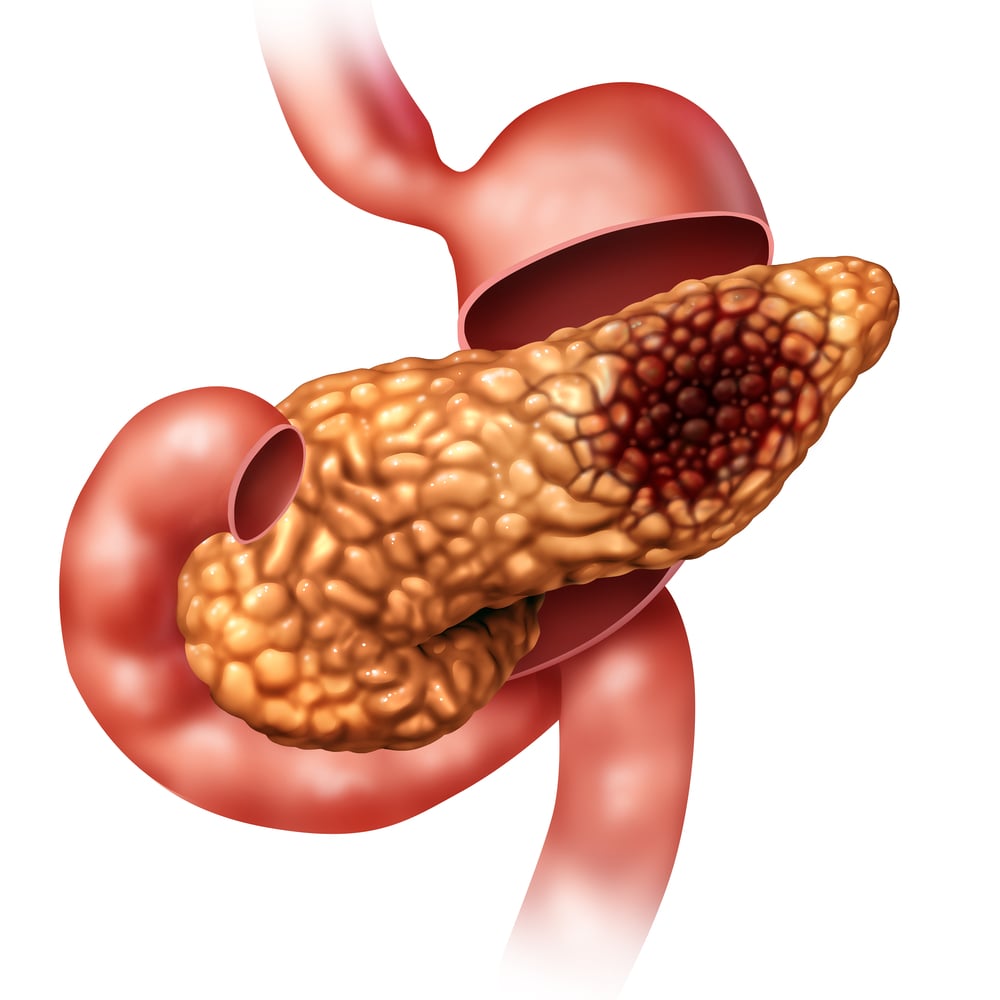The study “reveals the Achilles’ heel of the cancer cell,” said Prof. Ido Wolf, director of Oncology at Sourasky Medical Center.
By Maayan Hoffman, JNS.org
A team of researchers from Tel Aviv Sourasky Medical Center have discovered how pancreatic cancer cells spread in the liver, which could be key to developing treatments to slow it down and prolong patients’ lives.
The study, led by Dr. Tami Rubinek, head of the hospital’s oncology research lab, together with Ph.D. student Shani Journo, under the auspices of professor Ido Wolf, found that a mutation causing the disappearance of the “p15” and “p16” proteins appears more in liver metastasis and less in pancreatic cancer tumors in the pancreas or other areas of the body, such as the lungs or abdomen.
The researchers were able to show that when these proteins disappear, the cancer cell changes its properties and metabolic activity in a way that makes it easier for it to grow in the unique environment of the liver.
The liver is often the “killing organ,” Wolf told JNS, meaning patients often die when pancreatic cancer spreads to their liver.
In general, pancreatic cancer is one of the deadliest cancers. Wolf said that once the cancer starts to spread, patients generally only live between six months and a year.
There are between 800 and 900 cases of pancreatic cancer diagnosed in Israel a year, according to the Health Ministry website. In the United States, around 60,000 new cases are diagnosed. And, Wolf said, the numbers are steadily rising.
He said that the next step would be to find treatments based on the findings of the study.
Wolf cautioned that it is unlikely the information will lead to a cure for the cancer. However, he said it would likely lead to treatments that could prolong patients’ lives.
Until this study—the largest of its kind, including 17,000 pancreatic cancer patients from around the world, whose information was entered into a database of FoundationOne, one of the world’s largest cancer genomics companies—it was assumed that all pancreatic cancers were similar, with no subgroups.
“The study … reveals the Achilles’ heel of the cancer cell,” Wolf said.
Dr. Ayelet Erez of the Weizmann Institute of Science, an expert in the dynamics of cellular metabolism who is unconnected to the Tel Aviv research, confirmed the novelty of the study and its potential implications.
“The novelty of the paper is in promoting the concept that the metabolic landscape of the distant organ affects metastasis tropism of primary cancers,” she told JNS. “The results of this work have translational implications as they expose metabolic vulnerabilities of the metastasizing cells that can be targeted for therapy.”
Bring Joy to Israeli Soldiers - Send Winter Care Packages!
We are honored to thank the young men and women of the IDF who risk their lives every day to defend the citizens of Israel.
Join us in sending winter care packages and personal notes of support to Israeli soldiers who are out in the cold all day.
Warm up a soldier's heart with essential winter wear including fleece jackets, hats, gloves and more. Keep an entire unit warm!
THE SOLDIERS REALLY APPRECIATE YOUR LOVE AND CONCERN!
Click Here to Send Your Gift and Personal Note to Israeli Soldiers
Do You Love Israel? Make a Donation - Show Your Support!
Donate to vital charities that help protect Israeli citizens and inspire millions around the world to support Israel too!
Now more than ever, Israel needs your help to fight and win the war -- including on the battlefield of public opinion.
Antisemitism, anti-Israel bias and boycotts are out of control. Israel's enemies are inciting terror and violence against innocent Israelis and Jews around the world. Help us fight back!
